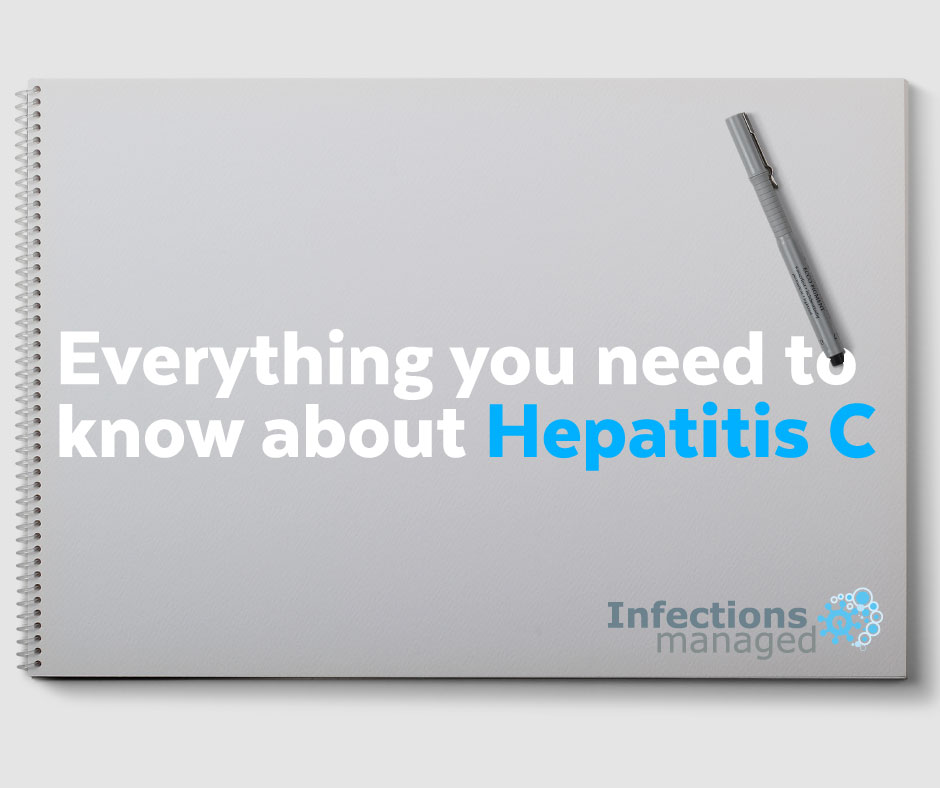Currently, there is no vaccine for hepatitis C, and there are several major reasons for that.
First and foremost, the hepatitis C virus isn’t a single virus. Rather than that, it’s a species with 7 distinct genotypes and 67 subtypes that mutate rapidly, so making a universal vaccine will be no easy task.
Another significant challenge is that there are only two species that can be infected with the hepatitis C virus. Specifically, those are humans and chimpanzees, and there is a growing global trend to stop or severely restrict the use of great apes in medical research. The idea is that chimpanzees, orangutans, and gorillas are so similar to humans in terms of emotions and cognition that using these animals to research diseases and cures is just unethical. Although this attitude is commendable, it’s still a great restriction for hepatitis C research.
Right now, two clinical trials (one therapeutic and one preventive) are researching the effectiveness and safety of several experimental hepatitis C vaccines in people, according to the Mayo Clinic. The therapeutic trial is expected to end in 2020, and the preventive trial should be finished in 2018.
In the meantime, remember that although there is no hepatitis C vaccine available at the moment, the modern treatment for this condition allows effectively curing the disease in the vast majority of cases.
This is possible thanks to a type of drugs referred to as direct-acting antivirals (DAA). These medications target specifically the hepatitis C virus and block its enzymes, preventing the virus from making copies of itself in the liver cells.
The drugs are taken orally and are tolerated quite well, with side effects being limited to nausea, headache, and fatigue in most cases. In general, the safety of DAA treatment is considered to be much better than that of the previous standard therapy for hepatitis C (ribavirin and interferon treatment).
In other words, the key principle to understand is that although there is no hepatitis C vaccine, the disease is still curable thanks to modern DAA medications. If you or a loved one have been recently diagnosed with hepatitis C, it’s essential to start therapy as soon as possible!
Don’t hesitate to schedule an appointment if you or a loved one has been diagnosed with hepatitis C: every day counts!
Treat & Beat. We are here to help you!


